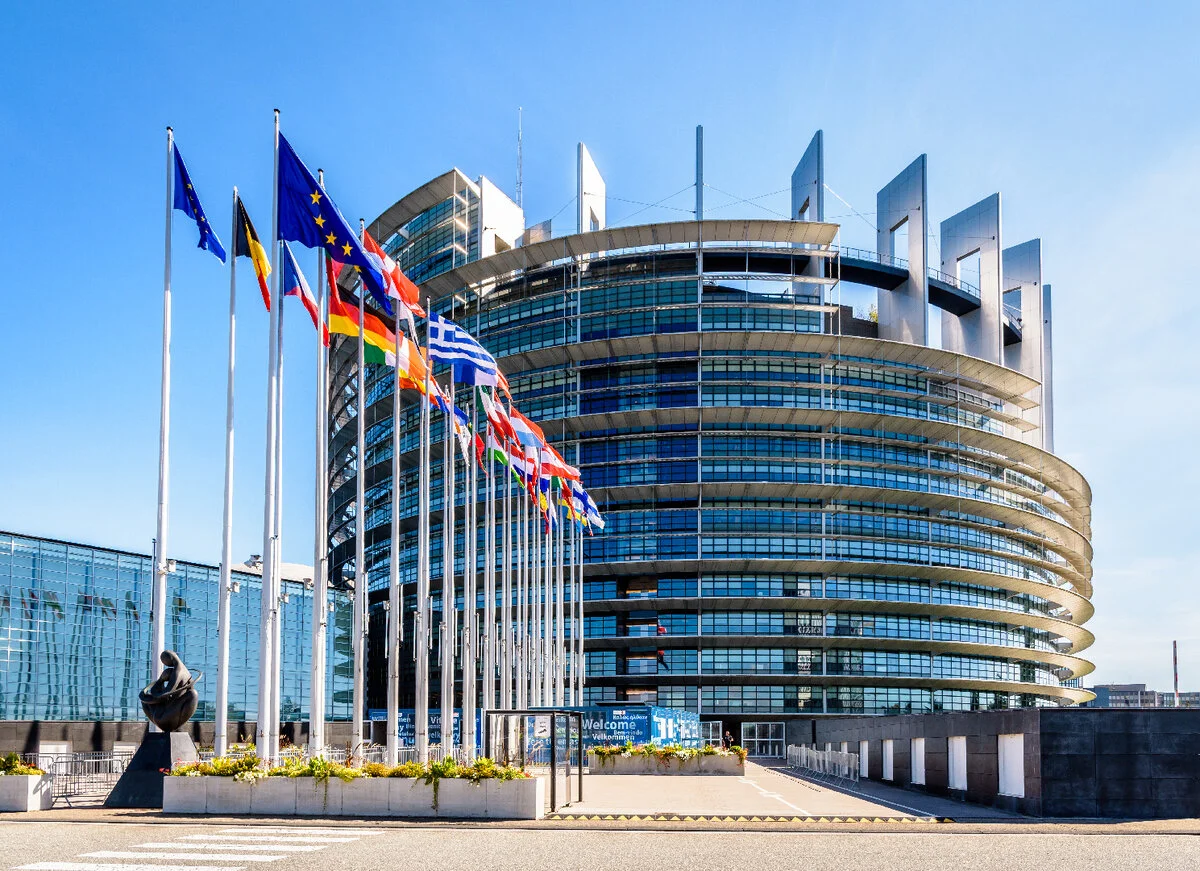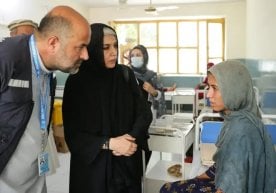Trump Plan Crisis in European Parliament: "Red Lines" and Heated Debates!

The European Union's position on the peace plan proposed by the US was discussed in the European Parliament with a three-hour intense debate. Nearly one hundred MEPs participated in this discussion, held in Strasbourg on Wednesday, and eight "blue cards" (live disputes) were issued among them. This important topic was urgently introduced into the agenda of the European Parliament's plenary week.
The EU’s “Red Lines”: Protection of Sovereignty
European Commission President Ursula von der Leyen (though she left the hall after the speeches of political leaders) outlined the EU's main priorities in the peace process. Her "red lines" include: no limitation on the size of the Ukrainian Armed Forces, no unilateral division of Ukraine's territorial integrity, long-term and robust security guarantees, Kyiv's full sovereignty and the right to choose an independent future (along with the possibility of joining the EU), and the return of every Ukrainian child abducted by Russia.
Von der Leyen also promised that an official draft law on using frozen assets of the Russian Federation for aid to Ukraine would be issued in the coming days. “I simply cannot imagine a scenario where only European taxpayers pay the bill. That is unacceptable,” she stated, expressing a firm position.
Polarization in Parliament: Capitulation or Sole Opportunity?
The largest factions in the European Parliament sharply criticized the plan. Manfred Weber, head of the European People's Party, called it a "capitulation plan" and said that ceding territories, amnesty, and restricting the right to NATO membership are unacceptable conditions. Many MEPs, including the leader of the left factions, also called this proposal the "Trump and Putin plan."
Michael Gahler, head of the Parliament’s Defence Committee, stressed that the only way to force Putin to the negotiating table is only through increasing pressure, and demanded that Ukraine be given long-range missiles.
However, some representatives of the far-right (Hungarian representative) and left parties called for support of the US plan as the "sole opportunity" to stop the war.
At the same time, Polish MEP Adam Bielan criticized the EU for limiting itself only to commenting on US proposals, and pointed out that the volume of trade between EU countries and Russia (€311 billion) significantly exceeds the aid provided to Ukraine (€187 billion), calling this the reason for European diplomacy's passivity.
Danish representative Mari Bjerre, speaking on behalf of the EU Council, also called for adherence to the principle of "Peace through strength," emphasizing that "The security of Ukraine is the security of Europe."
Read “Zamin” on Telegram!





















